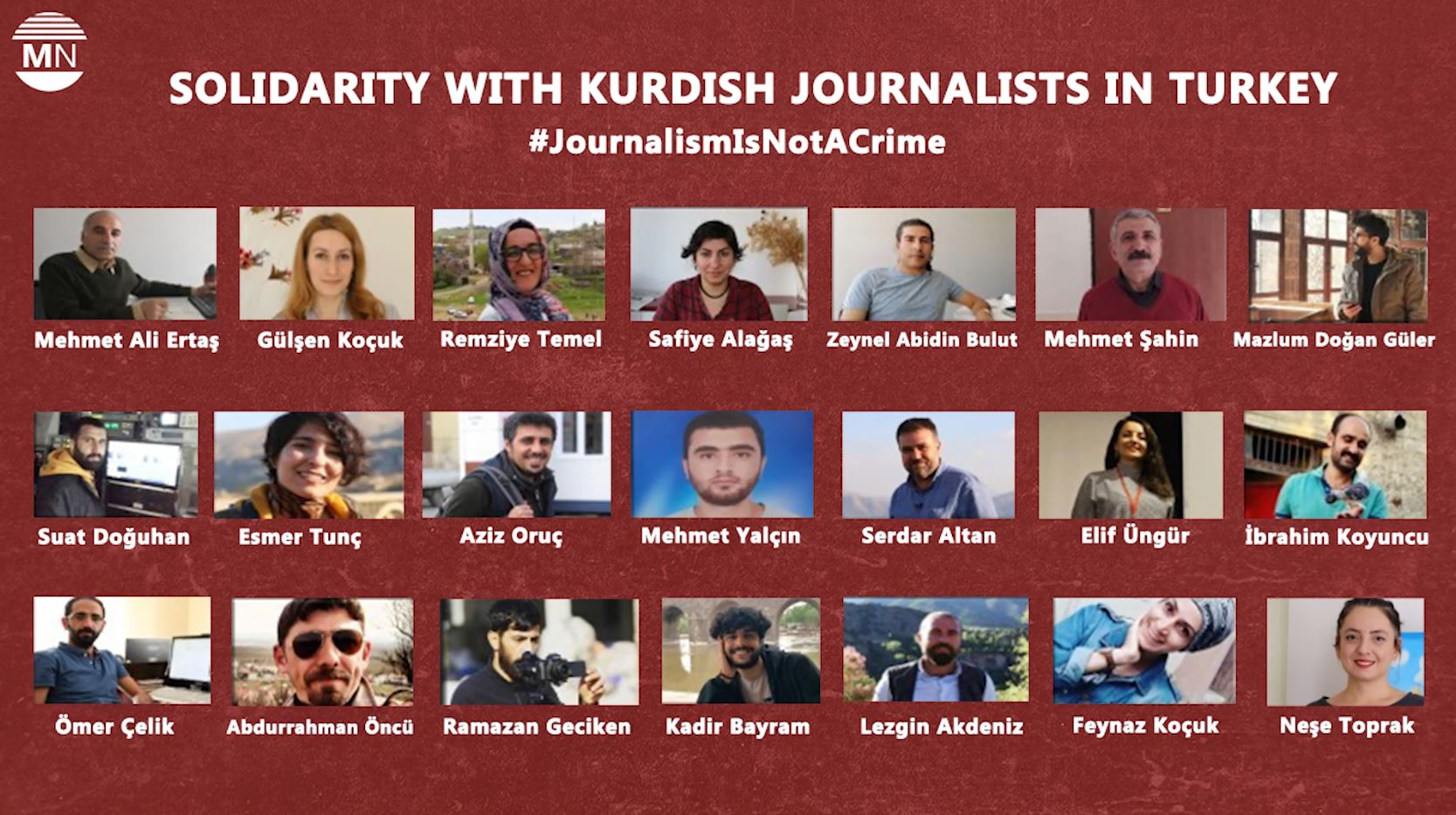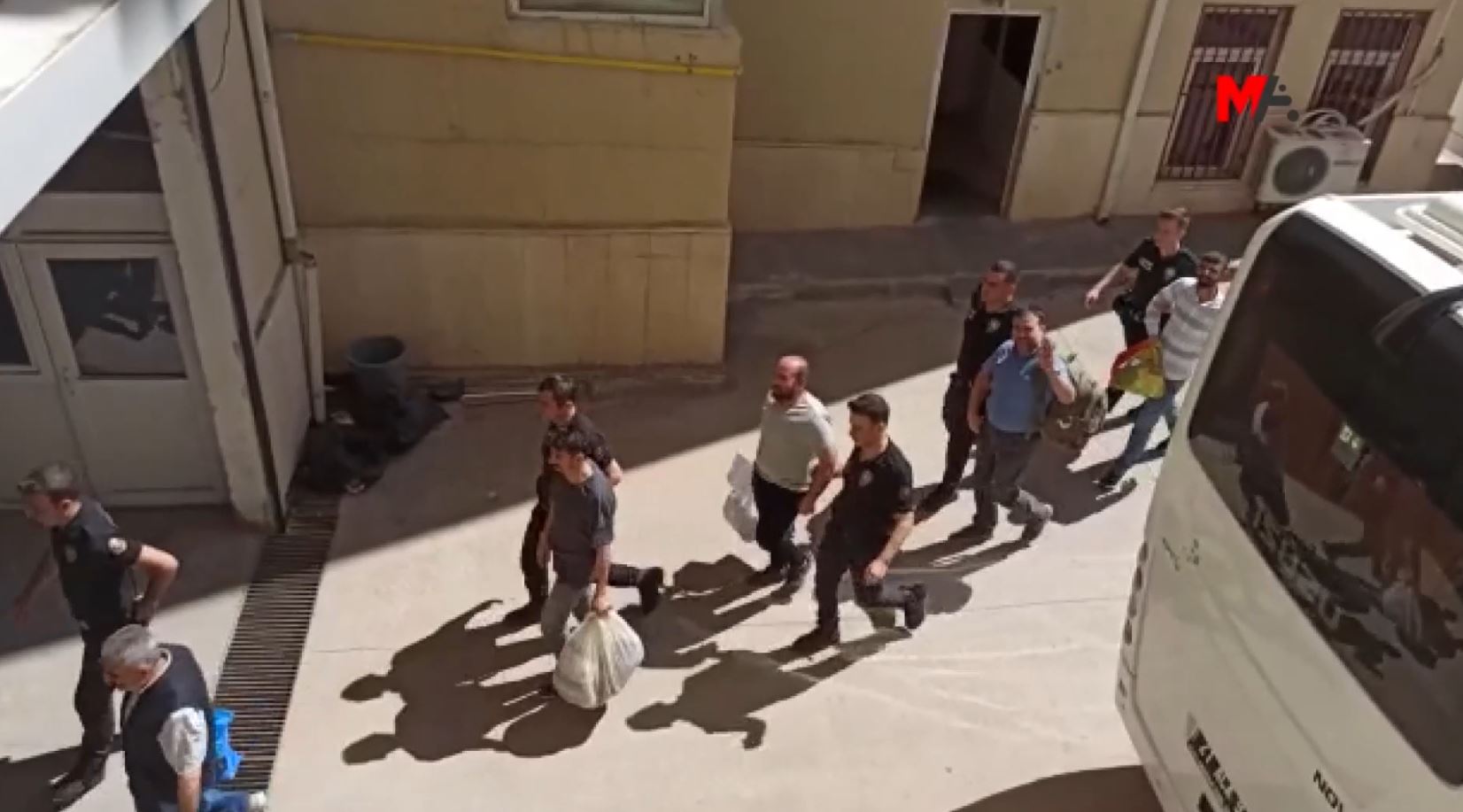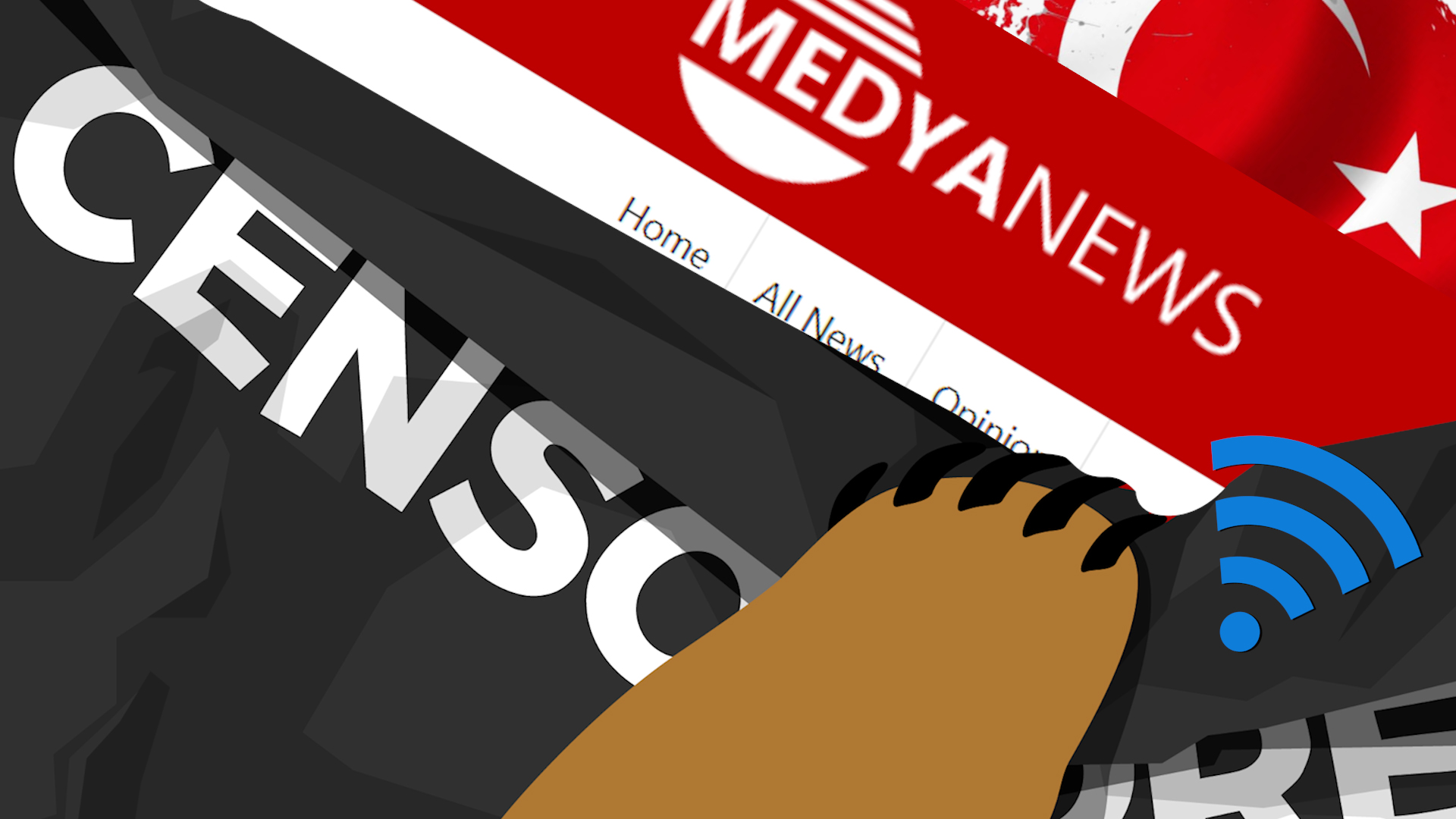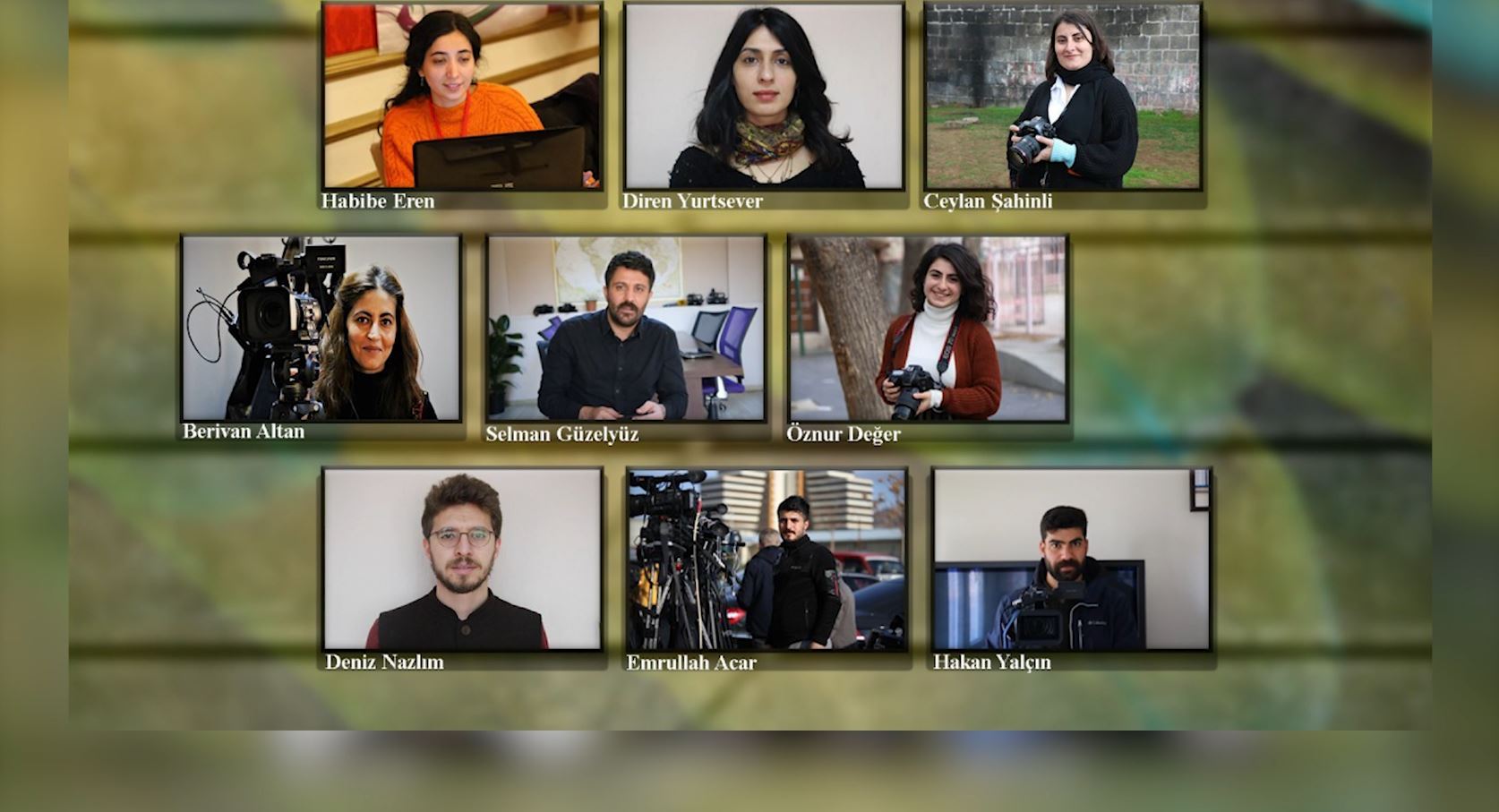Matt Broomfield
The Medya News website has been banned in Turkey, but with censorship targeting hundreds of thousands of web pages including sites like Wikipedia and YouTube plus the Western press, it’s clear Turkey’s programme of censorship is not limited to the Kurdish media.
It will come as no surprise to Medya News readers to learn that Turkey has seemingly blocked access to our website. Any coverage of the Kurdish struggle for rights, self-determination and democracy is likely to incur a swift and aggressive response from the Erdoğan government. But Turkey’s programme of censorship and liquidation of free expression and open criticism is not limited to the Kurdish media.

Between 2014 and 2018 alone, the Turkish government completely blocked access to over 245,000 web pages, including Wikipedia and Facebook. Twitter and YouTube, too, were formerly on the government’s red list, for the same crime of refusing to remove content not to the liking of the Turkish authorities. In 2019, Turkey blocked access to 408,000 sites, 40,000 tweets, 10,000 YouTube videos and 6,200 Facebook shares, according to statistics from the website TechRadar.
Some of these bans have been lifted. Many others remain in place. Fresh bans were issued earlier this summer on Germany’s Deutsche Welle and the US government-run Voice of America, since these well-respected media organisations refused to comply with the demands of Turkey’s media watchdog RTUK, which in recent years has been granted sweeping powers to control the Turkish media.

A useful report by the website Global Voices outlines the legal mechanisms Turkey has slowly introduced across two decades of increasingly autocratic rule by Erdoğan, gradually enabling the government to gag online news sources with little recourse to appeal. Step by step, new amendmends have introduced further restrictions, meaning news sites can be extremely rapidly shut down on the basis of a simple request. Though there is no official statement yet from the Turkish authorities on Medya News being banned, readers in Turkey report loss of access, and it appears likely the site has been redlisted in the course of an investigation into alleged infractions.
Such attacks on the independent and opposition media in Turkey have left the country in dire straits. Pro-government companies and businessmen now control over 90% of the mainstream media in the company. And court-ordered censorship is just one of the weapons at Turkey’s disposal in its campaign to prevent criticism of corruption, its ongoing wars against the Kurds, and the violent repression of minority, women’s and LGBTQ+ rights within Turkey.

Another nine journalists were disappeared in a dawn raid and jailed in Turkey at the end of October, in an operation which followed the arrest of 21 other Kurdish journalists in June. Their detention means there are now an estimated 65 journalists in jail in Turkey, ranking the country among the world’s five worst jailers of journalists.
Reporters Without Borders place Turkey at 149 out of 180 countries for press freedom, saying: “Discriminatory practices against critical journalists and media outlets, such as stripping them of press passes, are commonplace. Judges who do the government’s bidding are trying to limit democratic debate by censoring online articles tackling corruption and similarly sensitive topics.”

And the situation is only deteriorating, particularly in the run-up to crucial 2023 elections in which the pro-Kurdish, pro-minority rights People’s Democratic Party (HDP) is expected to play a kingmaker role if it isn’t banned. In a move commentators describe as a death knell for independent and opposition media in Turkey, the state is planning to introduce serious criminal sanctions for what it views as the dissemination of ‘fake news’ through both traditional and social media. The issuing of such rampant powers to censor legitimate critique and reportage can only lead in one direction.
Of course, wide-spread and worsening censorship also mean the Turkish government fears criticism of its actions – whether on Wikipedia, by Deutsche Welle, or by Medya News. It is to be hoped that international press outlets with bureaus in Ankara will not remain silent during attacks on their colleagues in the Kurdish press, and instead advocate for freedom of expression and democratic opposition in a country which still dares to call itself a democracy.
Matt Broomfield is a freelance journalist, poet and activist. He writes for VICE, Medya News, the New Statesman and the New Arab; his prose has been published by The Mays, Anti-Heroin Chic and Plenitude; and his poetry by the National Poetry Society, the Independent, and Bare Fiction. His work was displayed across London by Poetry on the Underground, and he is a Foyle Young Poet of the Year.










